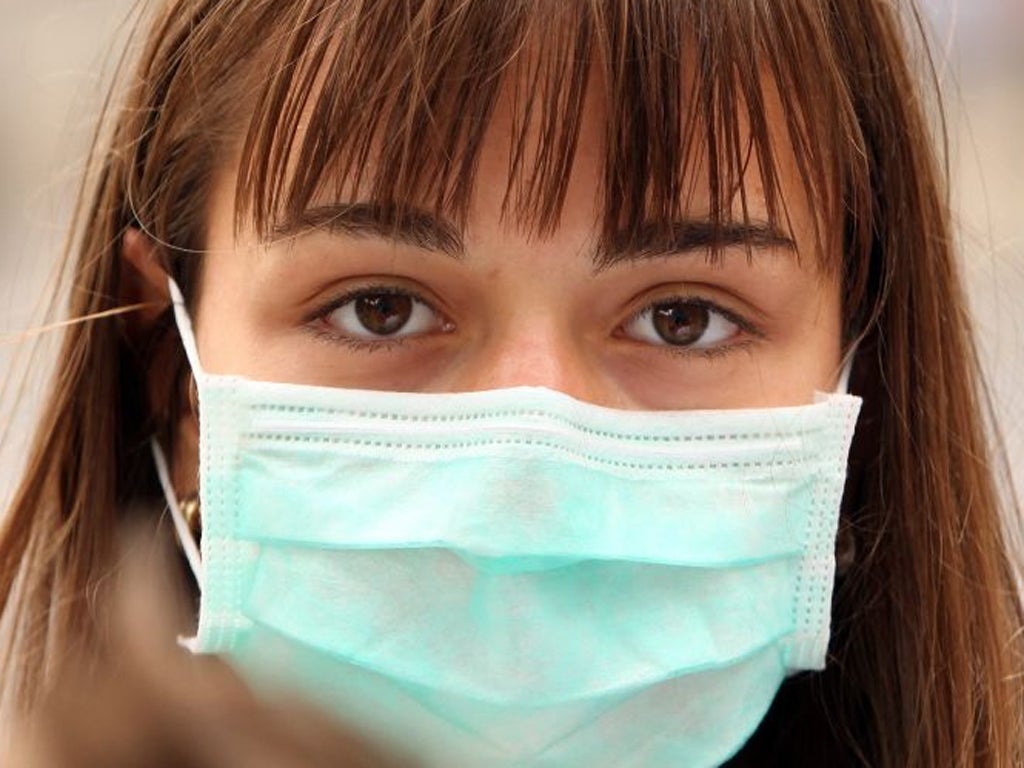How to win the January flu battle
Flu is a phenomenon on university campuses. Everyone's back from all over the country, and they're all busily coughing everywhere. Here are some ideas on potentially avoiding it, or at least not letting it take ruin your fun

Unless your immune system is in tip-top shape, you’re likely to come down with the general illness known 'flu' at around this time of year.
Flu is basically caused by coming into contact with different potential infections and germs from around the world. Symptoms include: a blocked nose, coughing, a sore throat, fever, headaches, and a general feeling of being unwell. You’re likely to get it to a small extent, or if you’re unfortunate, it can knock you out for the first few weeks of university. Here are some ideas to prevent it totally ruining your first term:
Make sure you eat well
Your body needs nutritious food and never has it been so important than when you are feeling nervous and apprehensive about university. You should be eating a varied diet and your five-a-day. Fruits and vegetables should provide vitamins – bananas are notoriously high in potassium, for instance. You also need protein – in a western diet this is usually from different meats, but pulses and beans also contain protein – and fibre, which you can get in fruit and veg, and whole grain cereals.
…Or take vitamins
If you’re not eating a good diet, then as a temporary measure, consider taking multi-vitamins on a daily basis, or whenever you feel a bit rough. Make sure it includes your RDA of vitamin C. Berocca is a fantastic way to give yourself and your immune system a boost – particularly in the morning after an especially overindulgent night out. It’s a soluble tablet, and you can buy it from supermarkets nationwide.
Watch your alcohol consumption
Ever noticed how sometimes after a night out, you feel like you have a small cold in the morning? Well, this is because alcohol affects your white blood cells, suppressing their ability to multiply, which in turn means that your body struggles to fight off infections. Drinking in moderation – ie under three drinks in a night – won’t affect your immune system as much. A big ask, but laying off the booze in favour of an early night will help your body recover.
Get a good night’s sleep
Common sense, right? But when students go to university, their idea of a good night’s sleep is going to sleep at 3am and waking up to get onto campus for a 9am lecture! You’ll feel a whole lot better if you dedicate at least a couple of nights a week to getting some good rest. The best way to ensure a good night’s sleep is to relax and make sure you have enough time to sleep and get up in the morning. You should be aiming at eight hours of sleep. If you’re in a loud section of halls, invest in some ear plugs to block out noisy neighbours. Don’t use a computer or back-lit device just before going to bed, either – the light will keep your brain stimulated. Read some more tips on sleeping well here.
Subscribe to Independent Premium to bookmark this article
Want to bookmark your favourite articles and stories to read or reference later? Start your Independent Premium subscription today.

Join our commenting forum
Join thought-provoking conversations, follow other Independent readers and see their replies